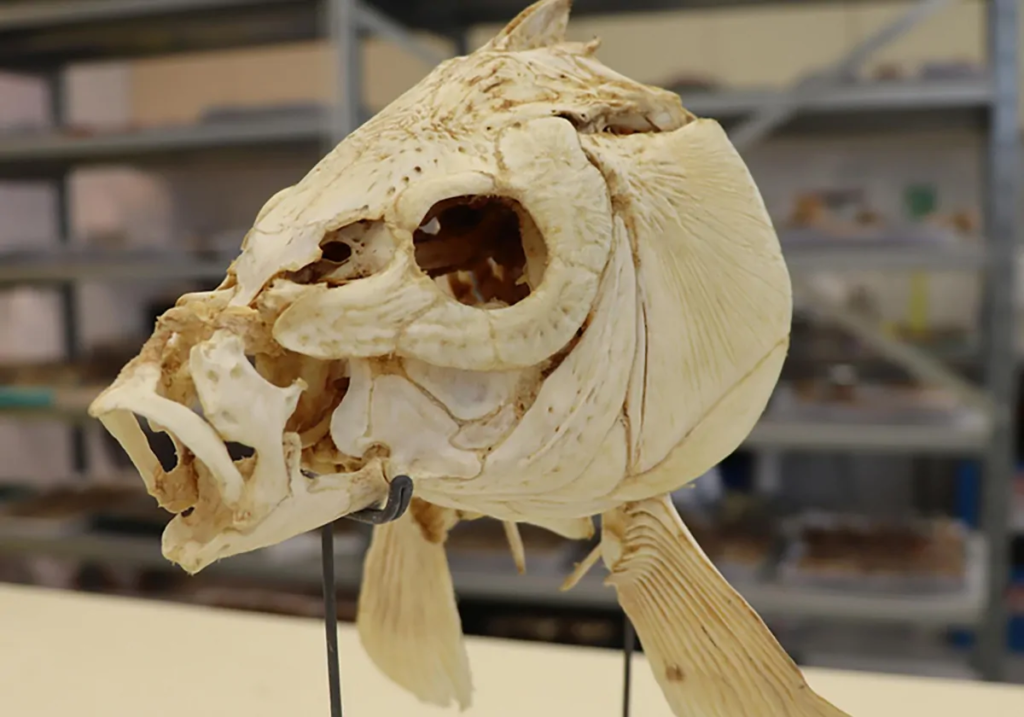MI weekly selection #489
MI weekly selection #489

Meteorites may have brought water to Earth
Analysis of fragments of a meteorite that landed in the driveway of a British home in 2021 revels the space debris originated in the outer solar system and held water chemically similar to the water found on Earth. The meteorite came from an asteroid in Jupiter’s orbit some 300,000 years ago, and its composition suggests Earth’s water may have arrived on similar meteorites during the formation of the solar system.
Full Story: Science News
Gene editing might eradicate invasive mouse in Australia
The common house mouse is an invasive species in Australia that threatens native birds and other species, and one way to eventually eradicate it is by introducing a gene drive that renders female mice infertile. The researchers used CRISPR to edit a gene carried by male mice that is inherited by 95% of offspring and “creates a female infertility DNA change” but can’t be transmitted to other species.
Full Story: The Guardian
Fish teeth show humans were cooking 780,000 years ago
A study of an archeological site in northern Israel shows evidence humans were preparing meals as early as 780,000 years ago, with the discovery of high concentrations of fish teeth — the only part of a fish’s bone structure to survive extended cooking over a low temperature — suggesting large species of carp were often on the menu. “The fact that the cooking of fish is evident over such a long and unbroken period of settlement at the site indicates a continuous tradition of cooking food,” said archaeologist Naama Goren-Inbar, who co-authored the study.
Full Story: The Scientist
Bone marrow organoids may aid blood cancer research
Researchers have reported organoids that model the structure of blood cell-producing bone marrow that could be used for research and the development of personalized treatments. “This is a huge step forward, enabling insights into the growth patterns of cancer cells and potentially a more personalized approach to treatment. We now have a platform that we can use to test drugs on a ‘personalized medicine’ basis,” said Abdullah Khan, first author of the study.
Full Story: Labiotech
Sex affects neurobiology of binge-eating disorder
A study found that the brain structures in adolescents with binge eating disorder differed between girls and boys, giving implications for diagnosis and treatment of the condition. “This study clearly suggests that any neurobiological hypothesis of binge eating disorder needs to be stratified by sex,” said study co-author Stuart Murray, who noted that most previous research has focused on females.
Full Story: HealthDay News